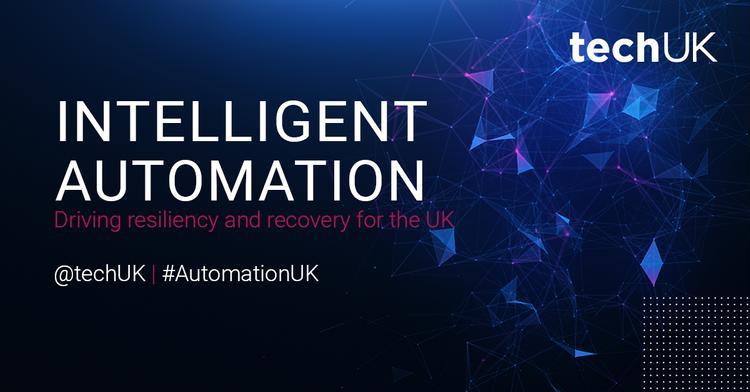The time is right to drive strategic value with intelligent automation

There's no doubting the fact that automation has already become integral to public sector transformation. At Agilisys, we've seen rapid growth in our automation division, as organisations across central, regional and local government, as well as policing and healthcare, have turned to automation to deal with multiple challenges.
While RPA has been the mainstay of the public sector adoption of automation to date, we're now talking to numerous organisations that are looking to exploit the potential for more advanced intelligent automation (IA). It's easy to see why organisations are looking to build on the success of RPA. Across the 23 local authorities, we've delivered solutions for, as well as our healthcare partners such as NHSX, NHSBSA and the Royal Marsden; multiple benefits have been delivered, including:
- Efficiency and productivity gains – high-volume tasks and manual processes free up resources for the public sector to achieve more with the same resources.
- Boosted employee satisfaction – freed up from the mundane, employees can spend time focusing on added value tasks, often doing more of what they signed up to do. This has been achieved through our work with NHSBSA, for example.
- Improved citizen experience – end-to-end digitisation is often enabled by automation, allowing the design and delivery of more customer-centric services.
- Smarter data-led decision-making – automation can sift through vast volumes of data – working 24/7 – to extract insights to support human decision-making.
- Quick wins, strategic potential – automation can provide quick tactical wins in addressing cumbersome processes (read more here about our work to automate Child Plans for Aberdeen City Council). However, it can also contribute to the strategic redesign or replacement of a process or application.
- Greater governance – automation is contributing to data security and meeting GDPR demands. Robotics sticks to the rules without the dangers of error or temptations to misuse the data.
Crucially, automation has the opportunity to reach all parts of organisations across the public sector, right up to central government. Front office, back office or anywhere in between. It can be HR, finance, IT, clinical services, social care or anywhere you choose. But only after a number of challenges are met.
One of those, described in an earlier blog for TechUK, is the need to think business integration, not systems integration, to unlock the full potential of automation success. I can't underestimate the role culture plays in the successful adoption of automation, whatever the complexity. It's the combined power of people working with technology that will allow organisations to deliver the greatest value. Automation needs the involvement of subject matter experts, those who know the processes. These are probably the busiest people in the organisation, so working with them to ensure they have the time to get this work done, is how you will start seeing value.
This goes hand-in-hand with the need for a detailed business case, which is often difficult for the public sector when much of the rationale for investment is in its future potential. That said, it is possible to identify a number of processes to which intelligent automation can be applied, make calculations on savings, and show how these can cover the initial cost. Once this is done and those first savings delivered, it lays the ground for other implementations and makes it easier to obtain further investment.
Another major challenge that I think is often skipped past by the public sector is identifying the correct technology so that you buy once. Finding the right partner to get you started on the journey is vitally important. Not just to deliver automation success but also so you're not relying on them in the long term if you want to exploit automation yourself. Deciphering the different marketing spin of the solutions into reality, and therefore easy for people to understand and reassure around, is also vital.
As we emerge from the COVID-19 pandemic, the time is right to drive strategic value with intelligent automation. Organisations that seize this opportunity and overcome the challenges discussed here will deliver improvements to efficiency and productivity, better citizenship experience, increased employee satisfaction, and more intelligent decision-making, making a case for automation a no-brainer.
Agilisys partners with organisations across the public sector to unlock the potential of technology and transform the services that improve lives. To find out more, visit www.agilisys.co.uk
You can read all insights from techUK's Intelligent Automation Week here

Rory Daniels
Rory joined techUK in June 2023 after three years in the Civil Service on its Fast Stream leadership development programme.

Laura Foster
Laura is techUK’s Associate Director for Technology and Innovation.

Elis Thomas
Elis joined techUK in December 2023 as a Programme Manager for Tech and Innovation, focusing on AI, Semiconductors and Digital ID.







